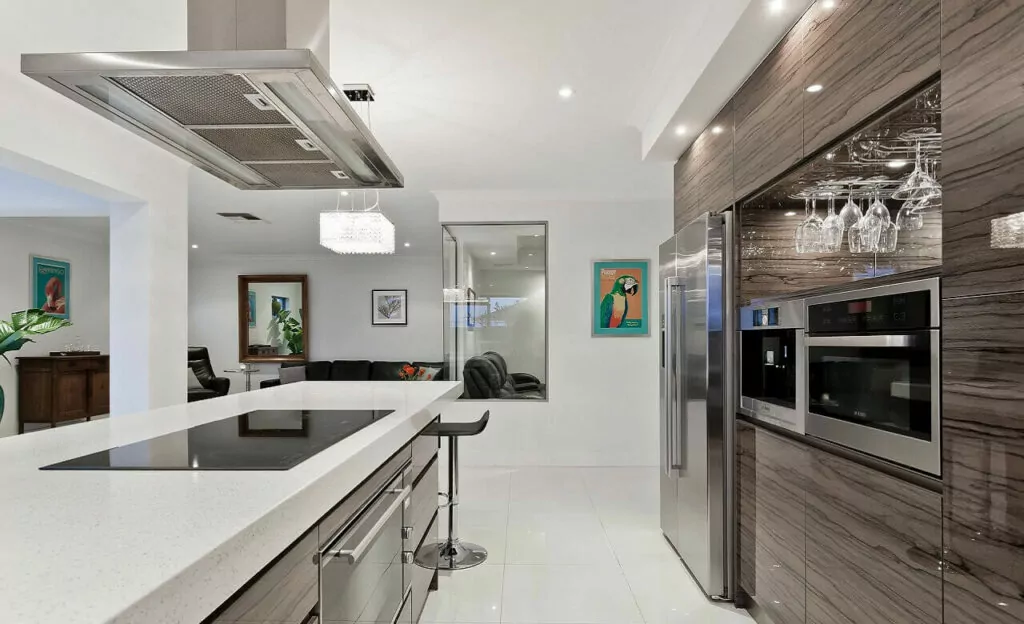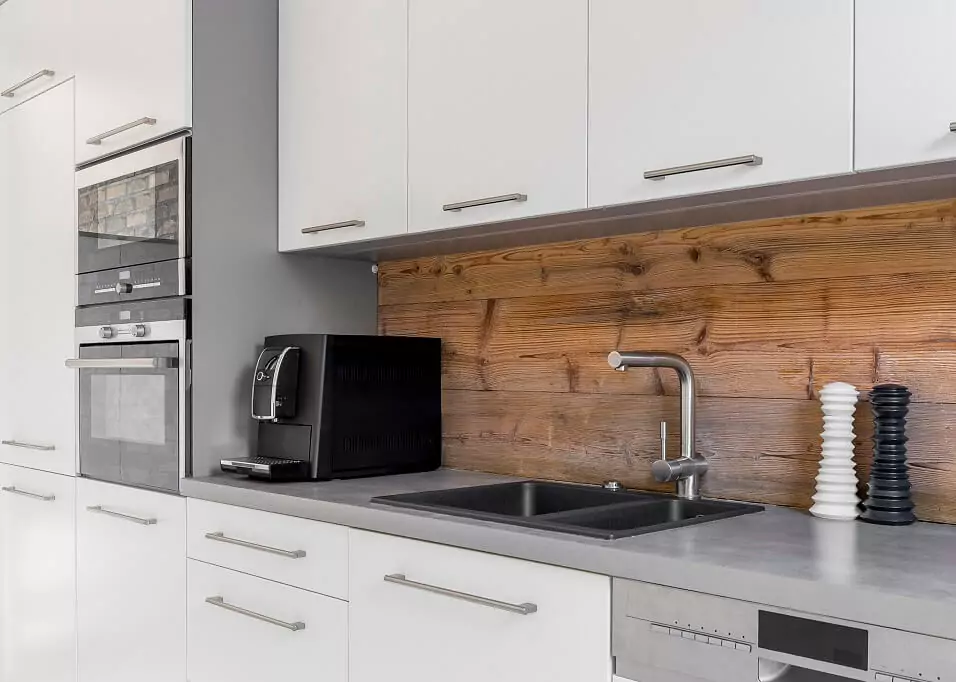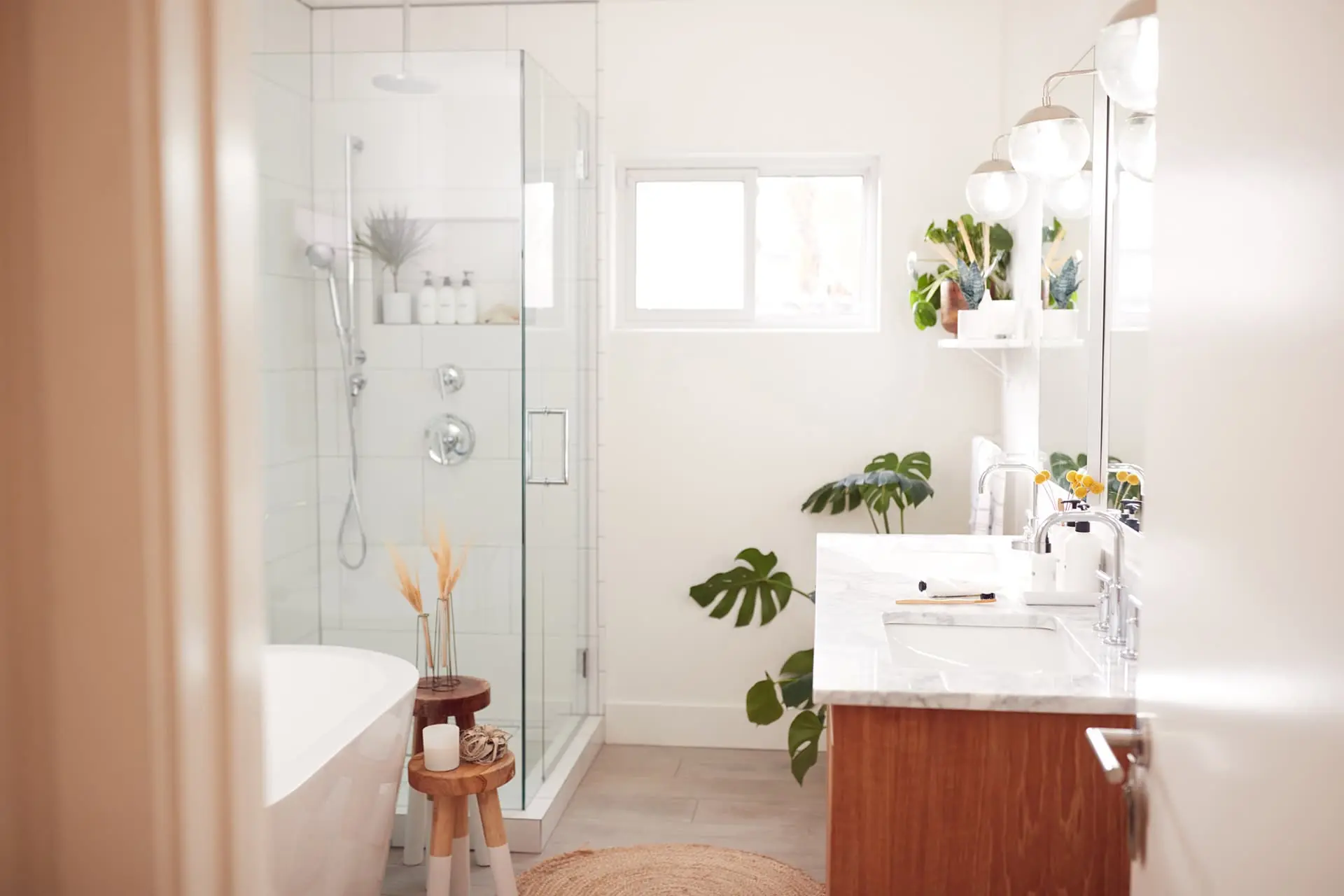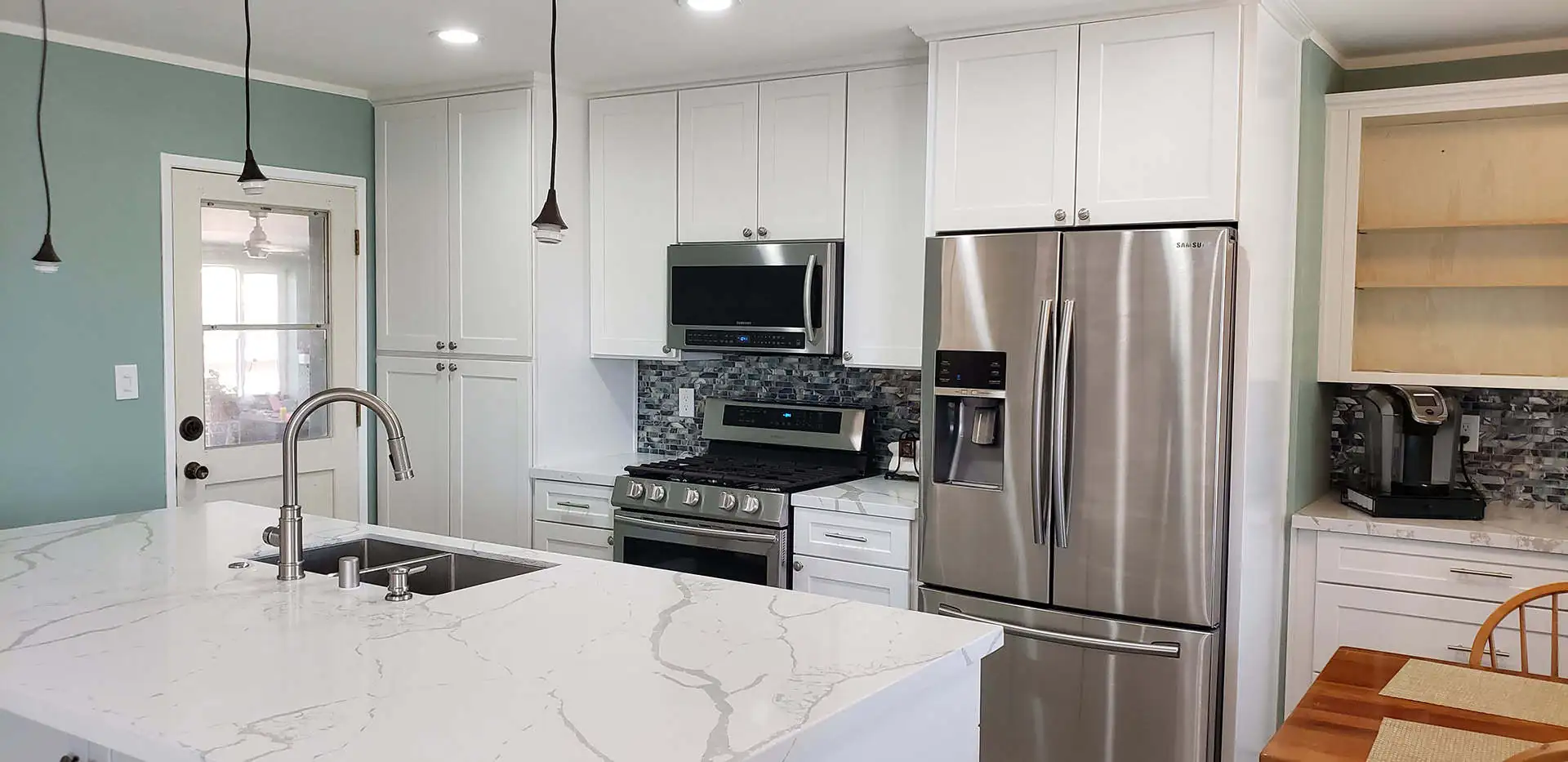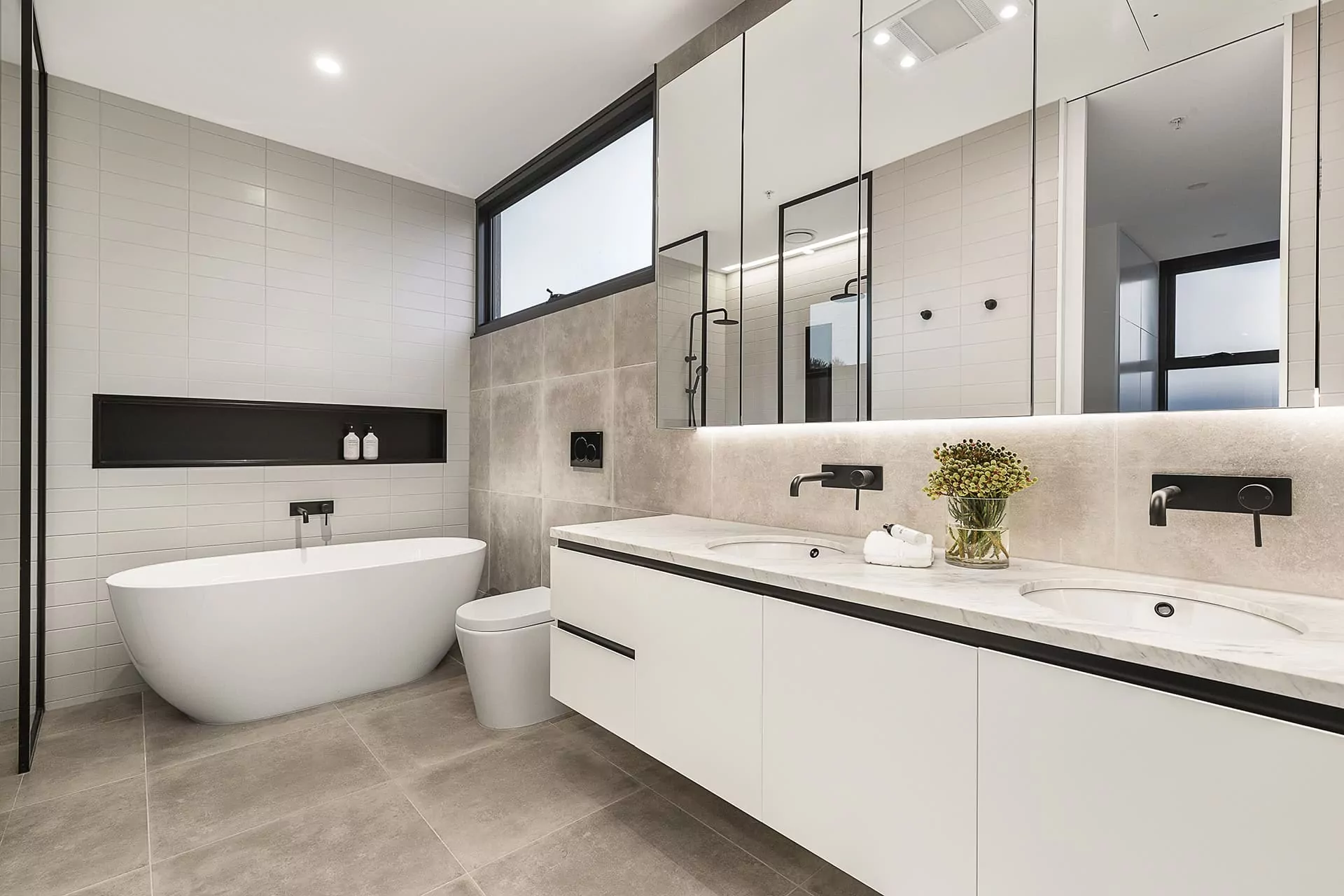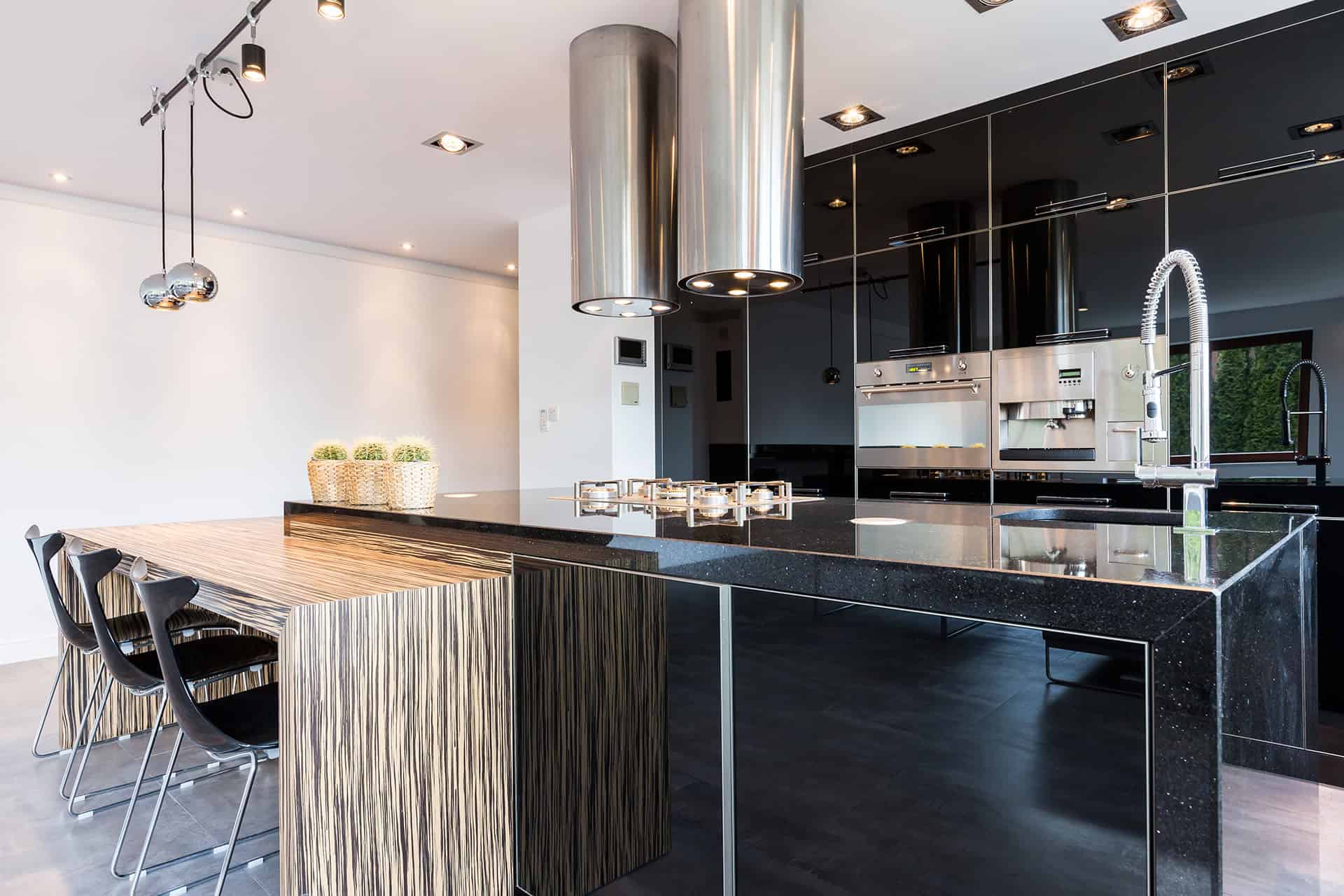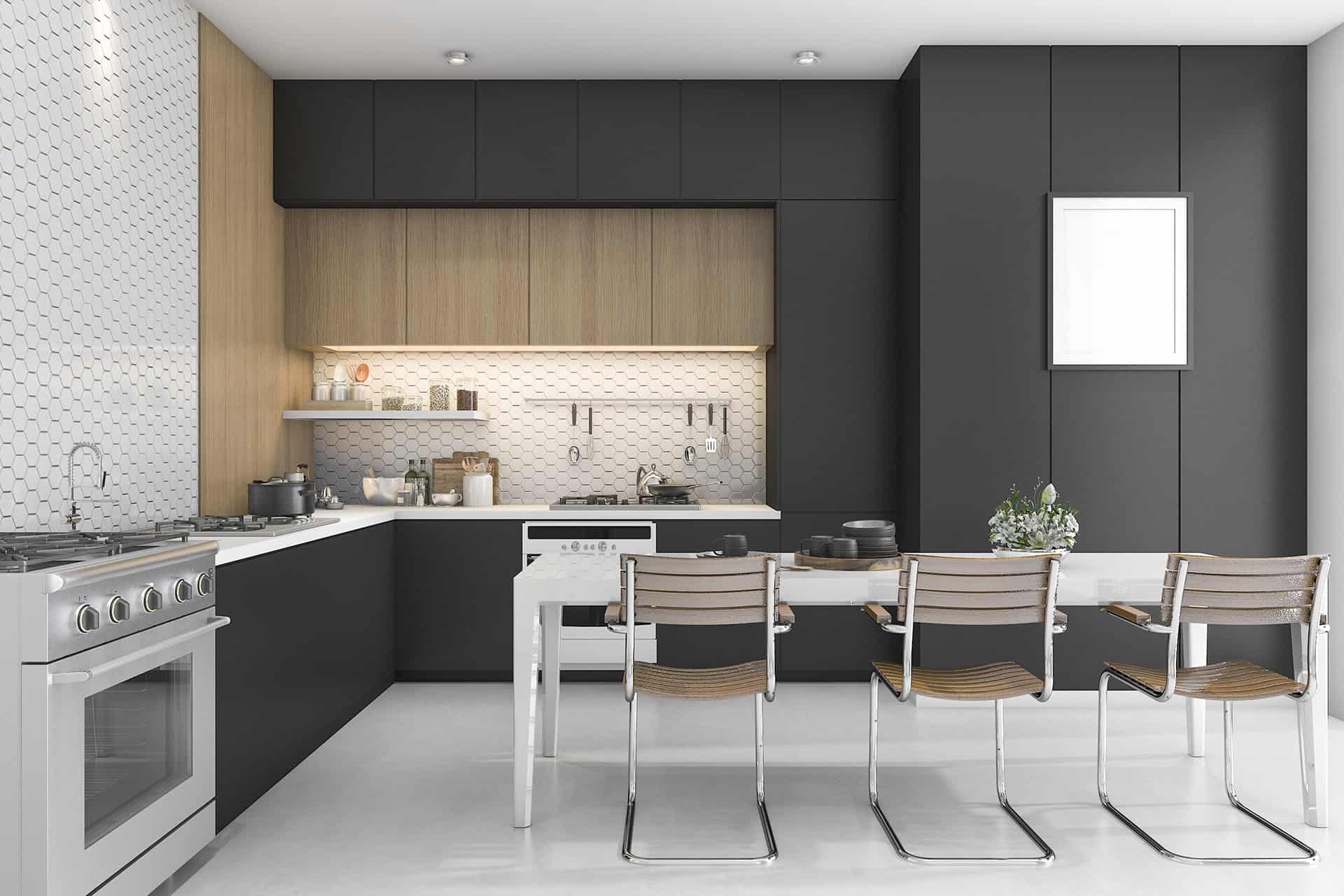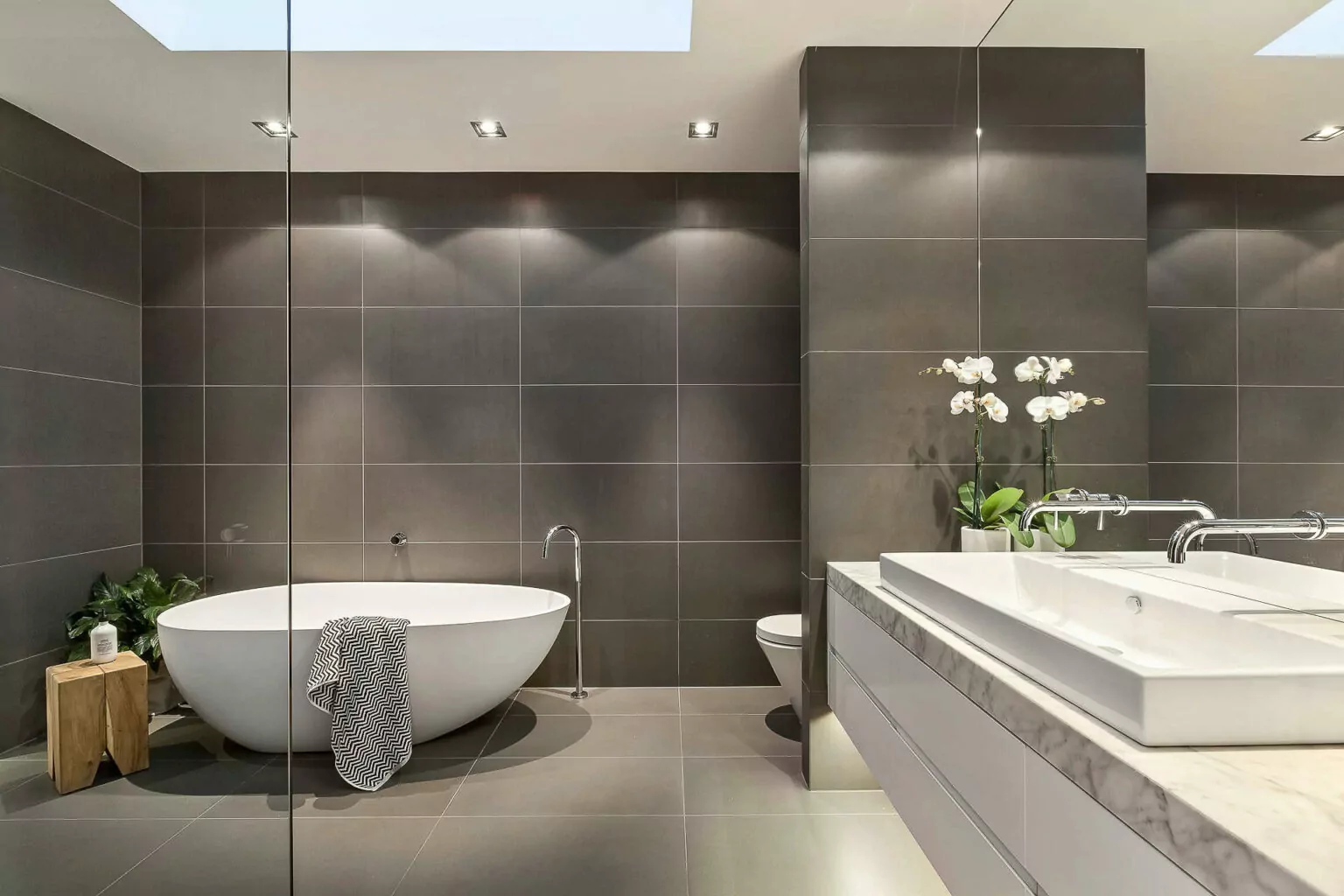Sintered stone is a natural stained throughout its thickness material that consists of 100% minerals. It is produced according to the innovative technologies on facilities that specialize in the production of natural stone.
This material is resistant to acids, solvents, and alkalis, it is shockproof, non-flammable, frost-resistant, and insensitive to UV rays. Its surface is not porous, which means it does not absorb moisture, it is impossible to leave spots on it, it is hygienic and easy to clean, and thanks to the use of Bio care technology, it is environmentally friendly, which is confirmed by certificates of conformity.
How is it produced?
Unlike many other materials, sintered stone was designed with the care of ecology in mind. The problem of atmospheric pollution in cities is not only related to harm to human health but is also the cause of the destructive effect on the surfaces of buildings, monuments, and any infrastructure prone to pollution.
Some manufacturers of sintered stone use Bio-Care technology that provides it with properties that degrade and wash off organic airborne dust, as well as the bactericidal effect that is achieved through the use of a special form of titanium dioxide (TiO2) during the manufacturing process.
The best solution for kitchens
Sintered stone is the best material for making kitchen countertops. Its physical and mechanical properties, along with the elegance and modernity of finishes and colors, make it possible to install this material in any kitchen in projects that pay attention to the aesthetic details and characteristics of its components.
The large size of sintered stone countertops provides the designer with complete engineering freedom, and the lack of the need for cutting and joining allows them to be also used on kitchen worktops with great depth.
Why sintered stone?
Sintered stone slabs are used not only in the manufacture of countertops for your kitchen, but also in the decoration of furniture, drawers, sideboards, as well as on all surfaces that must be very resistant to heat, wear, and scratches. In addition, the large format of boards offers complete design freedom even in complex shapes.
High resistance to heat, UV radiation, and harsh climatic conditions makes stone boards the best solution for outdoor applications, such as worktops for summer kitchens and barbecue, e.g., the surfaces that must be very durable. For this reason, it’s also widely used in a bathroom.
Other benefits of this material include:
- Thickness of a slab varies from 12 mm to 20 and 30 mm
- Extremely resistant to heat and high temperatures
- Very high stain resistance
- Very high scratch resistance
- Very high wear resistance
- Does not undergo resizing
- Fire-resistance
- Resistant to acids, alkalis, and solvents
- Non-absorbability
- Complete lack of porosity
- Resistance to the reproduction of bacteria and mold
- Easy to clean with warm water and a cloth
- Antibacterial
- Moisture resistant
Customization is the key
Other sintered stone properties needed for this type of application are stain-, wear- and scratch-resistance. Architects and designers can individually design each individual structure thanks to a large selection of colors and natural finishes that will successfully fit into any conditions. Marble-like colours are the most common finishes for use in kitchens in the manufacture of countertops, drawers, interior, and exterior floors. Each individual finish has a high resistance to wear and scratches, as well as heat and staining.
Taken into account the above-mentioned features, the sintered stone cost is justified even though it’s pretty high. Such surface serves many years without maintenance – this is why it’s a long-term investment into your design and health.
Turning to the Groysman Construction Remodeling Company, the experts will help you implement the best solutions.

